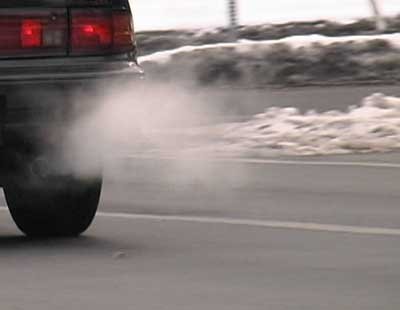Road congestion: a toll system by GPS advocated by the IMF

"But even here, a first step in right direction would, in principle, be straightforward to implement by converting the existing road tax from a lump-sum fee into a per-kilometer charge, and coupling this with further incentives for motorists to voluntarily switch to GPS-based metering. Providing tax incentives for pay-as-you-drive auto insurance could, at the same time, reinforce the effects of this tax change, while also helping to familiarize drivers with the concept of variable charges for vehicle use," says Ian Parry, a senior framework of the IMF in a document entitled "Reforming the Tax System to Promote Environmental Objectives: An Application to Mauritius."
This document includes a study illustrating the ways in which existing tax systems could be reformed to combat traffic congestion. "Maurice has recently introduced a carbon tax. The government is considering tax reforms on ownership of vehicles to meet environmental objectives. Mauritius has significantly reduced the use of plastic bags through taxation policy. The various stakeholders reflect on measures aimed at reducing congestion in Port Louis as road pricing in the image of what was undertaken in Singapore, London and Stockholm. "These are some conclusions from Ian Perry in his book.
Are thus proposed tax reforms in Mauritius with the emphasis on the carbon tax, taxes on petroleum products and a series of measures to car owners. "Although its main motivation is to raise money, the MID is actually very close in design to the ideal tax for mitigating CO2 emissions. Converting the MID into an explicit carbon tax would involve setting a tax on each fuel equal to its CO2 coefficient (i.e., the CO2 produced by combusting a unit of the fuel) times the CO2 price. To maintain projected MID revenues for 2011 (Rs 577 million) would require a tax rate of approximately Rs 118 per ton of CO2, "says the author of this document.


